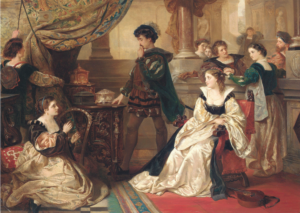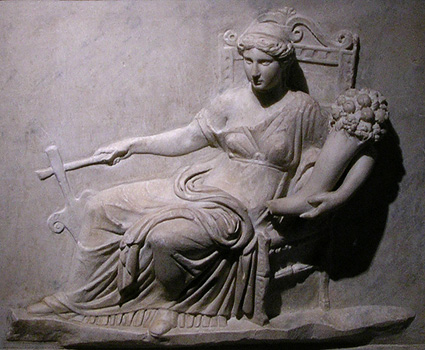Lars Engle – “Thrift is Blessing”: Exchange and Explanation In The Merchant of Venice
Lars Engle writes a particularly interesting essay called, “Thrift is Blessing”: Exchange and Explanation In The Merchant of Venice, where he exposes a woman who takes advantage of homosexual desires to protect her financial endowment and prove herself as the presiding individual in her marriage. Continue reading




